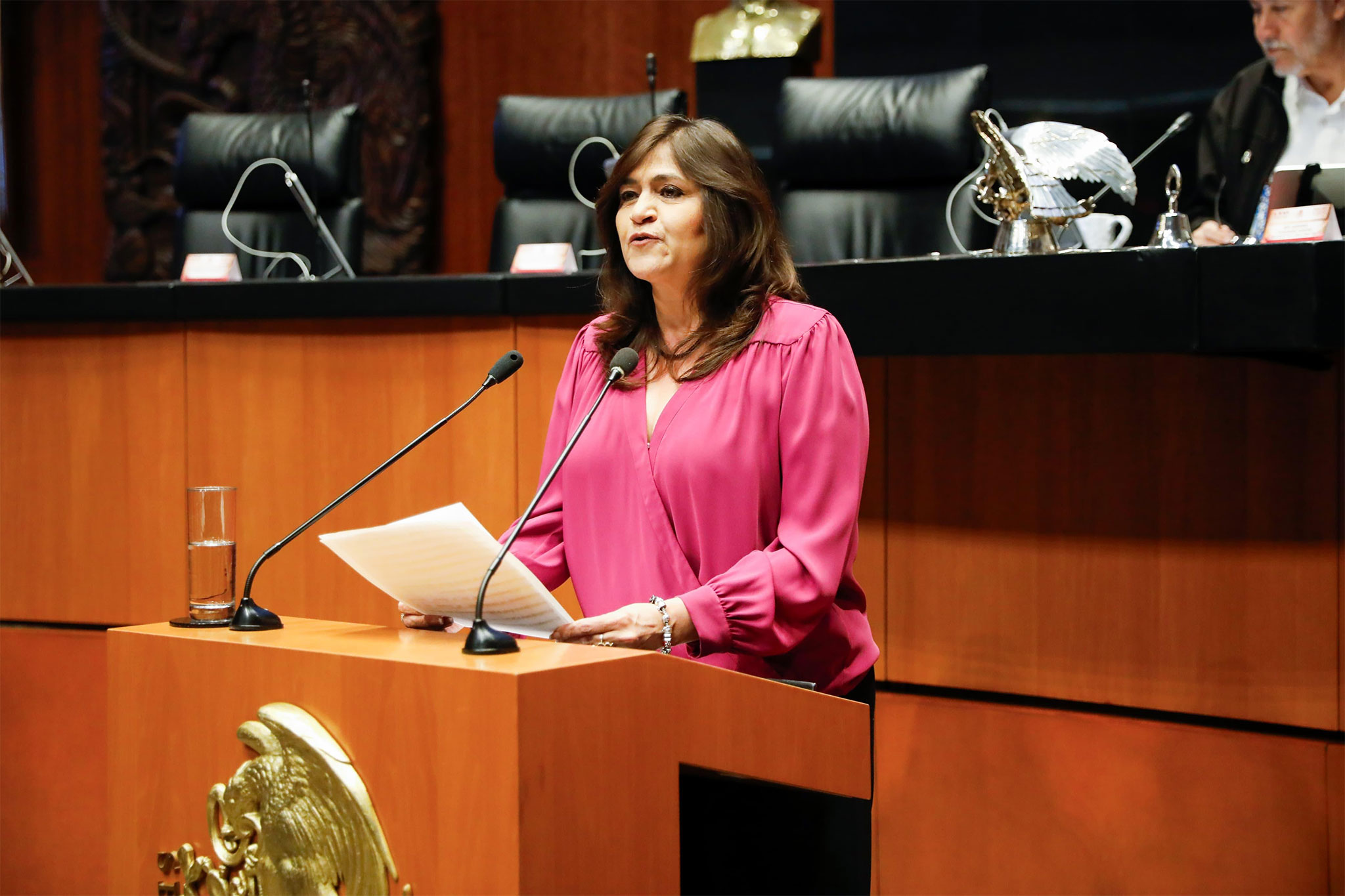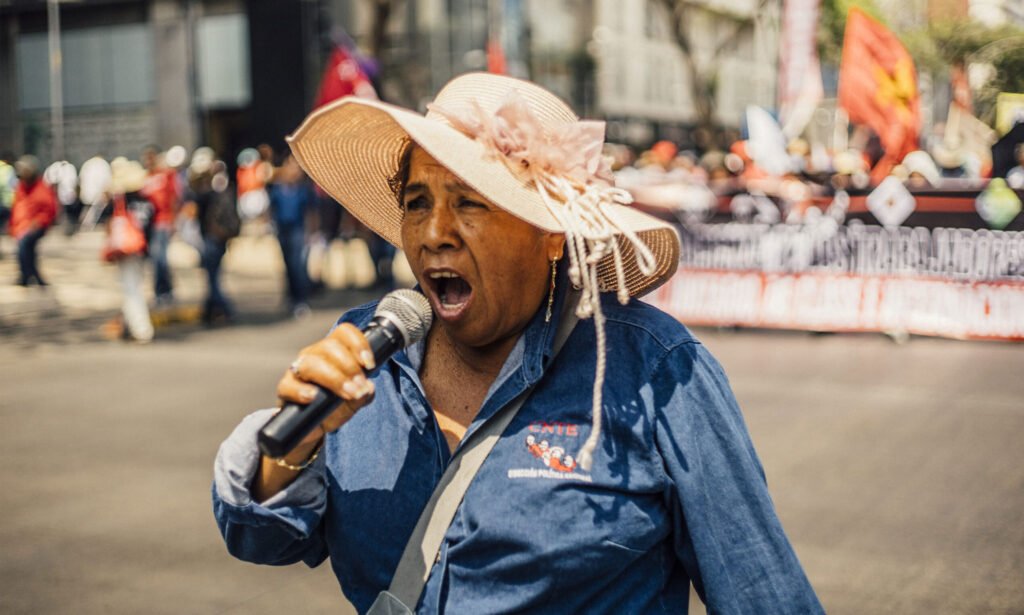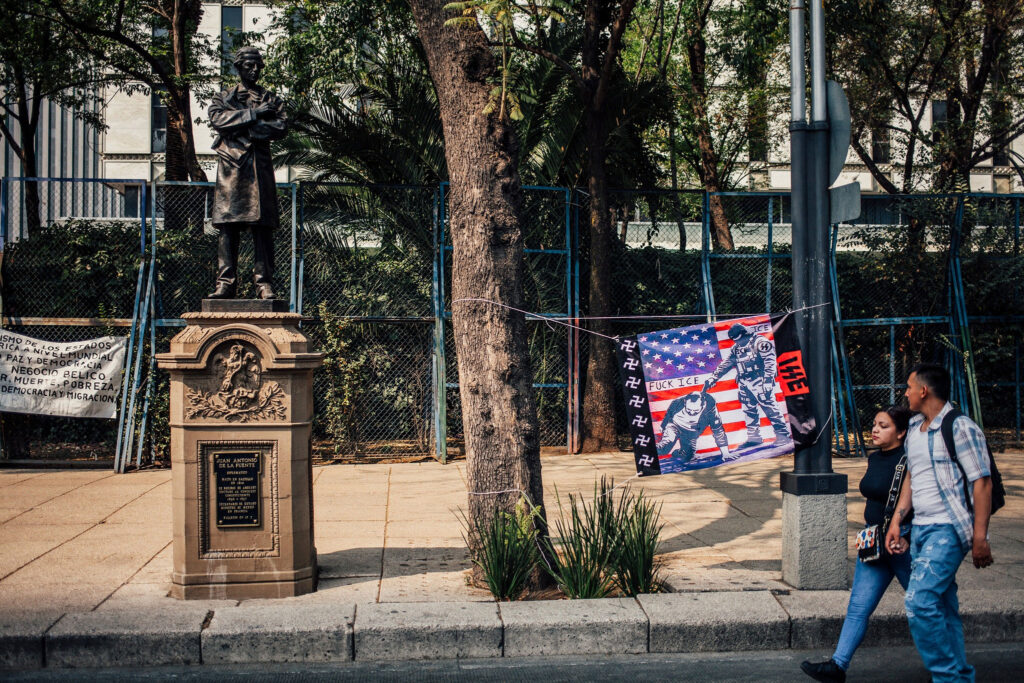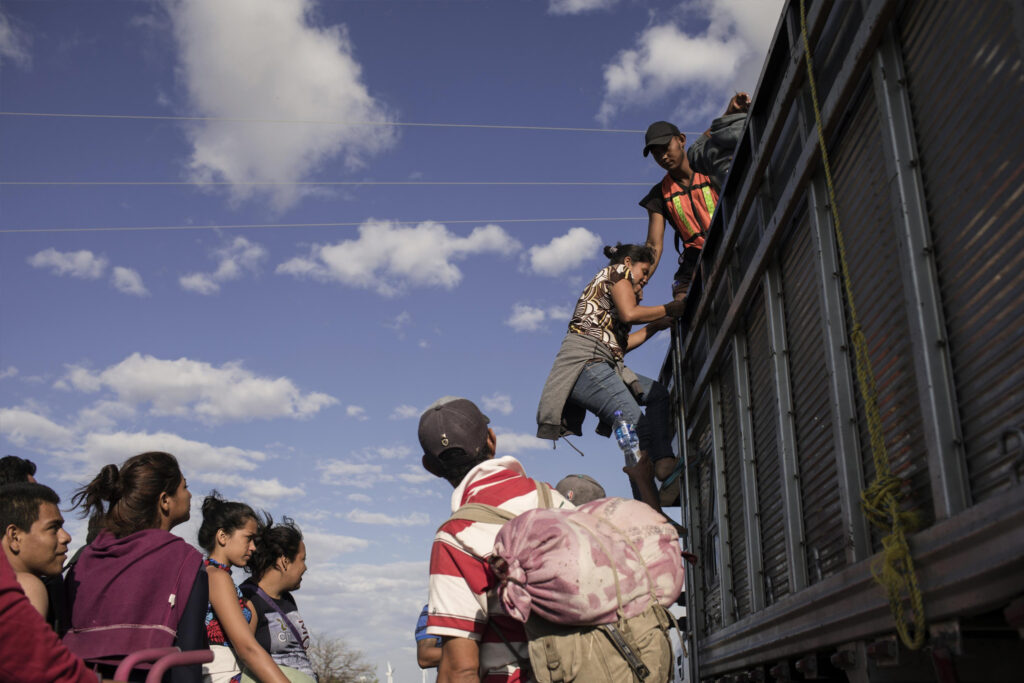Morena Proposes Universal Access to Notarial Services
This article by Fernando Gutiérrez originally appeared in the September 19, 2025 edition of El Economista.
The Morena parliamentary group in the Senate of the Republic presented a reform initiative that aims to guarantee universal access to notarial services and thus contribute to legal certainty in the country .
On behalf of the Morena party in the Senate, Senator Nora Ruvalcaba Gámez presented the initiative with a draft decree, which would reform Article 121 of the Constitution.
According to the draft, the article currently allows each entity to set notary fees , which “generates significant disparities.”
For example, according to the proposal, the average costs for essential notarial acts , such as company formation, wills, and powers of attorney , range between 3,500 and 15,000 pesos, which are added to the “high cost” of real estate transfers.
This situation, it is explained, “limits access to notarial services for large segments of the population, especially low-income families and entrepreneurs .” Thus, the problems identified are:
- High notary fees , according to the bill, exclude the most vulnerable sectors of society.
- Concentration of notarial patents in small circles, which “encourages nepotism and restricts competition.”
- Lack of social and gender perspective, reflected in the low participation of women and the lack of inclusion criteria in the appointment of notaries.
In this scenario, the reform proposes that notarial services be regulated by state governments to ensure they are free or low-cost for essential acts, which could include:
- Scriptures.
- Wills.
- Company formation.
- Powers.
- Contracts.
“The reform seeks to ensure that the notarial function fulfills its historical and social purpose: protecting rights, providing legal certainty, promoting equity, and guaranteeing access to justice for all Mexicans, eliminating economic barriers and inequalities resulting from current regulations,” the initiative states.
Monitoring System
The Morena senator’s proposal includes the creation of a system for supervising and controlling notarial functions, where the guidelines are established by the states themselves.
“This is linked to the constitutional obligation of States to guarantee efficient public services (Articles 73 and 115 of the Constitution) and reinforces legal security, protecting citizens’ rights and strengthening trust in institutions,” the bill states.
Likewise, the aim is to establish mechanisms to verify that notaries are lawyers with proven ability and a vocation for service, in order to guarantee that “their work is not solely motivated by economic interests, but rather by the fulfillment of providing legal certainty and protecting fundamental rights, especially those of those in vulnerable situations.”
If the bill is definitively approved by the Congress of the Union, states would have 180 days from its approval to adapt their notarial laws to the reform. “This guarantees that the transition will be carried out in an orderly manner, respecting the sovereignty of the states and ensuring uniform criteria in the notarial function , in accordance with the principles of legality and legal certainty.”
Furthermore, Congress must issue the General Law on Notarial Function within a year to define in detail the acts that would be classified as “essential,” the mechanisms for supervising notaries, and the criteria for gender equality and combating nepotism.
-
CNTE Announces 72 Hour National Strike & March to Mexico City’s Zócalo
The class-conscious teachers union will also make “courtesy visits” to the embassies of countries who committed atrocities against Iran, to show their rejection of US imperialism.
-
Yet Another Mexican Citizen Dies in ICE Custody
The unidentified victim is the 9th Mexican citizen to have been killed in ICE detention since the beginning of 2025; this time in Adelanto, California.
-
Let’s Talk About Migration: Trumpist Persection
Millions of women who have endured unspeakable violence on their migration journey are now being persecuted in the United States by an extremely xenophobic and misogynistic government, led by Donald Trump,




